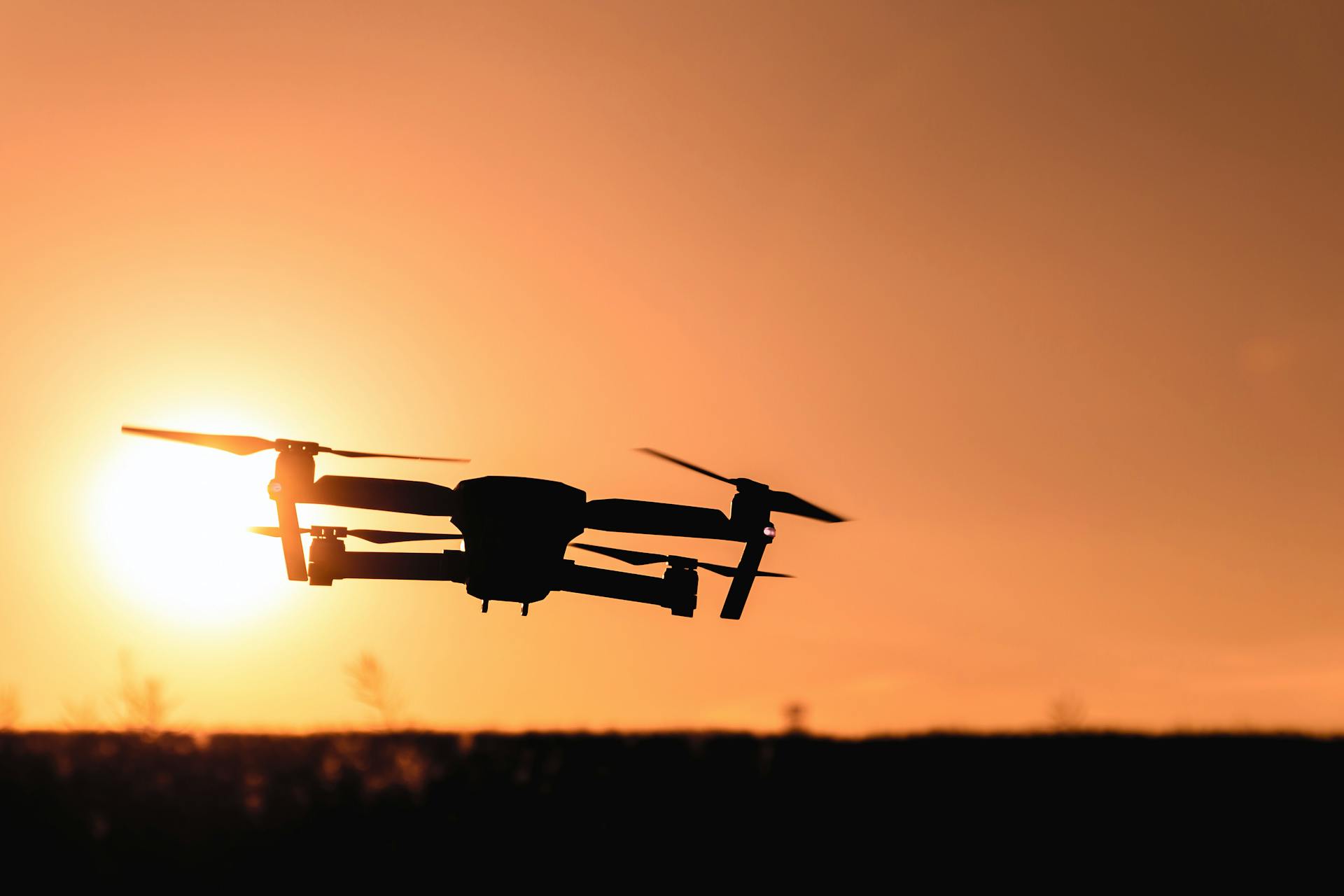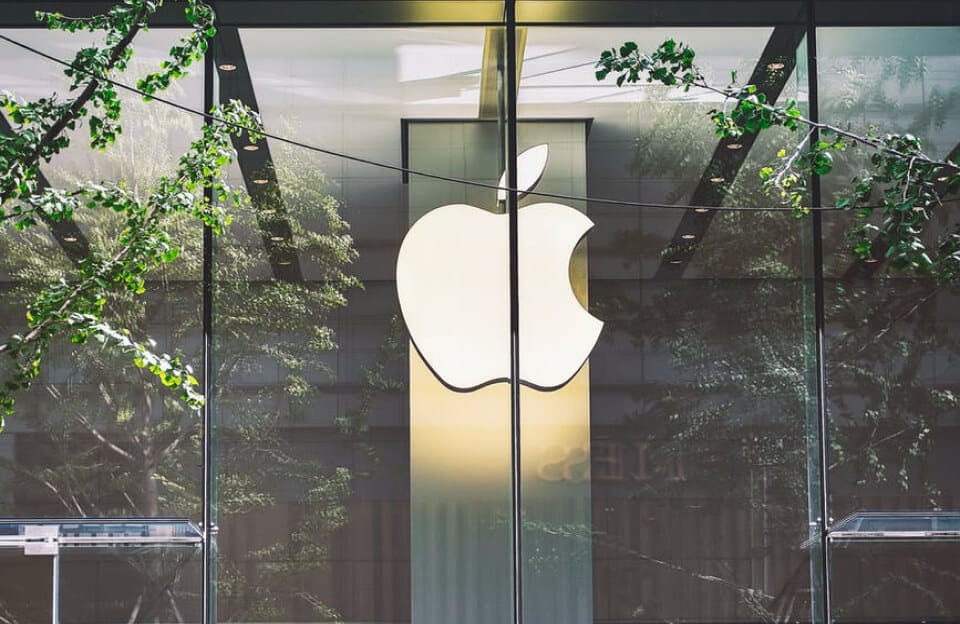Artificial intelligence (AI) is no longer a concept of the distant future—it’s here, seamlessly integrating into our daily routines. From voice assistants to self-driving cars, AI is reshaping industries and enhancing convenience in ways we never imagined. As AI continues to evolve, its impact on everyday life will only grow, making tasks easier, improving efficiency, and even redefining how we work and communicate.
In this blog, we’ll explore how AI is transforming different aspects of daily life and what we can expect in the future.
AI in Smart Homes: The Rise of Automation
One of the most noticeable ways AI is changing everyday life is through smart home technology. AI-powered devices such as Amazon Alexa, Google Assistant, and Apple’s Siri are making homes more intuitive and responsive to our needs. These smart assistants can control lighting, adjust thermostats, and even suggest routines based on our daily habits.
Home security has also improved with AI-driven surveillance systems that use facial recognition and motion detection to alert homeowners of potential threats. As AI becomes more sophisticated, we can expect even greater automation, allowing homes to learn and adapt to our preferences with minimal input.
AI in Healthcare: Faster Diagnoses and Personalized Treatment
The healthcare industry is experiencing a major transformation thanks to AI. Machine learning algorithms can now analyze medical data to detect diseases faster and more accurately than traditional methods. For example, AI-powered imaging tools can identify early signs of cancer, helping doctors make quicker and more informed decisions.
Additionally, AI-driven chatbots and virtual assistants are helping patients schedule appointments, answer health-related questions, and provide medication reminders. Personalized medicine, which tailors treatments to an individual’s genetic makeup, is also advancing due to AI’s ability to process vast amounts of genetic and clinical data.
AI in Transportation: The Road to Autonomy
Self-driving cars are no longer science fiction. Companies like Tesla, Waymo, and traditional automakers are leveraging AI to develop autonomous vehicles that can navigate traffic, avoid obstacles, and reduce accidents. AI-powered systems analyze real-time data from sensors and cameras, making split-second decisions to ensure safety.
Beyond personal vehicles, AI is improving public transportation by optimizing routes, reducing congestion, and predicting maintenance needs for trains and buses. As AI technology advances, we could see fully autonomous ride-sharing services and smarter traffic management systems that reduce commute times and environmental impact.
AI in the Workplace: Enhancing Productivity and Creativity
AI is also reshaping how we work. Many businesses are using AI-powered tools to automate repetitive tasks, allowing employees to focus on more complex and creative aspects of their jobs. For instance, AI-driven software can handle customer service inquiries, sort emails, and even generate reports.
Moreover, AI is fostering creativity by assisting in content creation, design, and music composition. Tools like ChatGPT and DALL·E can generate text and images, helping professionals brainstorm ideas and refine their work. As AI continues to improve, it will become an essential collaborator in various industries, from marketing to software development.
AI in Shopping and Entertainment: A Personalized Experience
AI has revolutionized the way we shop and consume entertainment. E-commerce platforms like Amazon and Netflix use AI algorithms to analyze user behavior and provide personalized recommendations. This enhances the shopping experience by suggesting products based on previous purchases and browsing history.
Similarly, AI is shaping the entertainment industry by curating music playlists, recommending movies, and even creating AI-generated content. With AI-driven personalization, consumers can enjoy a more tailored and engaging experience across various digital platforms.
The Future of AI: What’s Next?
As AI technology continues to advance, its role in everyday life will expand even further. Some potential future developments include:
- AI in Education: Personalized learning experiences that adapt to students’ strengths and weaknesses.
- AI in Finance: Smarter fraud detection and AI-driven financial advisors that help manage investments.
- AI in Environmental Conservation: Predictive analytics for climate change and AI-powered solutions for sustainable living.
While AI offers countless benefits, it also raises ethical concerns, such as data privacy and job displacement. As AI becomes more integrated into society, addressing these challenges will be crucial to ensuring its responsible and beneficial use.
Final Thoughts
AI is no longer just a futuristic concept—it’s a fundamental part of our daily lives. From smart homes and healthcare to transportation and entertainment, AI is making life more convenient, efficient, and personalized. As technology continues to evolve, embracing AI responsibly will be key to unlocking its full potential and shaping a better future for everyone.
What are your thoughts on AI’s role in everyday life? Share your insights in the comments below!





